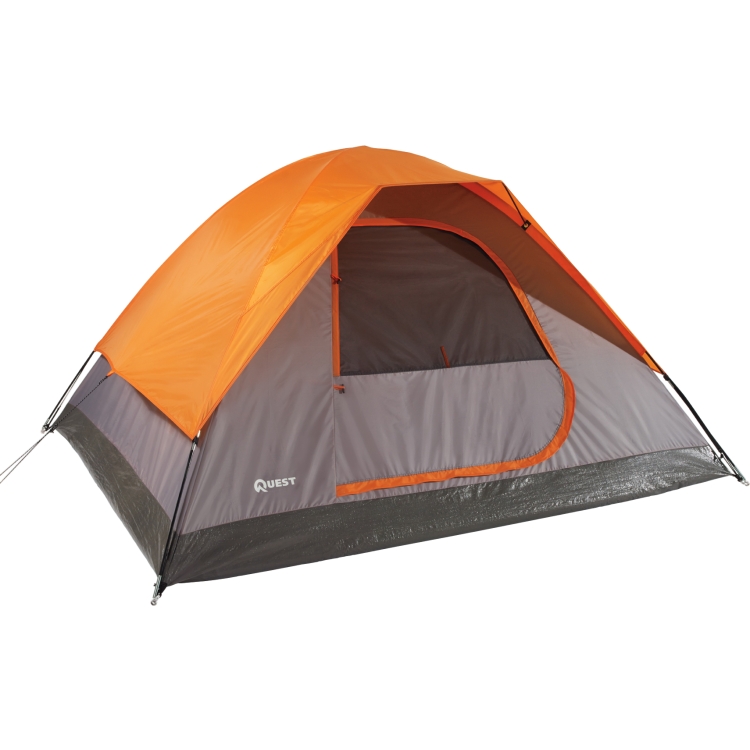How to Protect Yourself Online in the Age of Hackers
In today’s digital age, we have more opportunities than ever to leverage technology from pretty much anyways. However, with the increasing availability of technology, there has also been a subsequent increase in cybercrime and a rise in the number of hackers trying to steal information. Make sure you are protecting yourself and your activity online with these tips.
Use unique passwords
You probably already know how important it is to make sure you have complicated passwords and varied passwords for different accounts. However, it’s worth saying that you should be applying this same strategy to any online shopping. Make sure you never reuse the same password on different websites, especially retailers. Create unique passwords for each individual store (or each individual purchase you make). This will help minimize the potential for hackers and identity theft perpetrators to be able to steal your information. In addition, make sure you change these passwords often, especially on your core accounts, like email and any bank accounts.
Use passcodes
Especially on your cell phone, but on any other devices where possible, always use passcode protection. This is the easiest way to try to protect your information, should your phone ever get misplaced or stolen. If you don’t have a passcode on your phone, you’re making your data easily accessible to anyone who comes across your phone.
Use credit cards over debit cards when shopping
Another tip for any online shopping is to make sure you’re using credit cards instead of debit cards. Credit cards offer their consumers much more protection than debit cards if a card or account happens to get compromised. And if you are using credit cards instead of debit cards over the holidays, you won’t have to worry about fraud or other account issues really affecting you’re checking account, should something happen.
Install ad blockers
This is a tip that will save you time and annoyance when you’re online – you won’t have to worry about ads popping up often. But ad blockers are also highly protective against cybercriminals, who can use pop-ups to steal your information or download malware onto your computer. Make the simple move to protect yourself against this by installing ad blockers. In general, make sure that on your computer, you download up-to-date security programs, including anti-malware software with multiple technologies for protection against spyware.
Cover your computer camera
Hopefully this isn’t something you’ll ever have to worry about, but it’s surprisingly easy (and scary) how hackers able to manipulate the built-in camera on your laptop. The worst case scenario is that a hacker is able to access your computer camera, take photos or videos, and then sell or ransom the footage. To protect yourself, cover the camera on your computer when you’re not using it. If you are in a long-distance relationship, and frequently use your computer for Skype or other long-distance communication, you will absolutely want to take this precaution.
Stay away from open WiFi networks
Despite how nice it is to find free WiFi, this occurrence can prove a costly one if you’re not careful. Hackers and cybercriminals are able to easily access devices from public, open WiFi networks, so you should never check your bank account information while you’re in a public place, like an airport, and connected to the open WiFi network. Just don’t take the chance.
With many of these suggestions, you’re better off to just take these actions. They may be minor, or even slightly inconvenient, but the alternative is so much more inconvenient.
Use-two step verification
Nowadays, so many platforms and providers are offering two-step authentication for logins. Any time you have the option to enable this backup protection measure – do it. Two-step verification helps protect your information, should someone penetrate the first layer of your security system. The two-step verification requires your authentication from a secondary device, usually your cell phone, which will help your information stay even safer and protected. If you do it with no other platforms, be sure to enable two-step verification for your email accounts.
As you can see, there are a number of small steps you can take to help protect your information and yourself online. Follow these tips, and encourage your friends and family to do the same.





Strong password, browse only HTTPS sites and using a VPN is essential for online privacy and security. I prefer using PureVPN which is currently on 88% discount on holiday season.